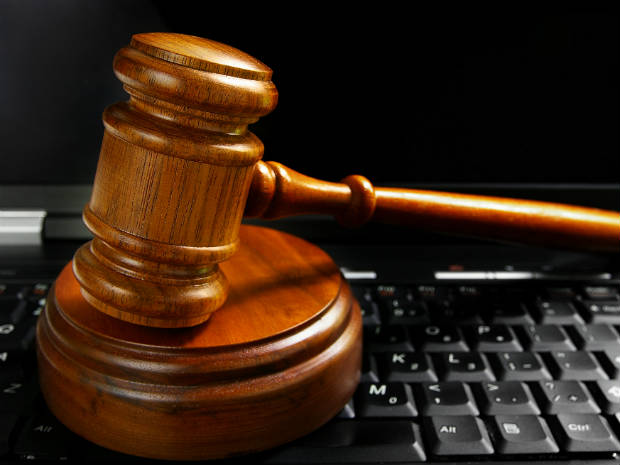Vodafone wants neutral mediator in India tax dispute


Vodafone isn't keen to hold talks with the Indian government over a long-drawn tax dispute, and instead is asking for a neutral authority to be involved.
According to a report Monday by The Economic Times, an unnamed source familiar with the issue said the British telco was concerned the case, if held under Indian jurisdiction, would be dragged into litigation under India's legal system should talks fall through.
Both parties were keen to resolve the dispute, the report said, citing another source, but discussions had stalled over the issue of jurisdiction. Vodafone said in an e-mail to The Economic Times that it was in "talks about talks". "We have always said we would like to reach a solution that is acceptable to both parties. However, we will not agree to any proposal that is likely to prejudice our legal position and would run counter to the interests of our shareholders," the telco said.
It wants the case either to be handled by the United Nations Commission on International Trade Law, or for both parties to have "amicable talks" outside the purview of any jurisdiction.
The Indian government said Vodafone owed the country up to 200 billion rupees (US$3.27 billion) in taxes and interests from a 2007 deal to acquire Hutchison Whampoa's local assets, as part of its efforts to enter the Indian market. The telco disagreed and India's Supreme Court had ruled in its favor, noting that the British organization should not be taxed as the transaction was between two foreign entities. However, the Indian government proceeded to change its taxation laws last year, placing similar deals involving multinational companies under the spotlight.
In a move to resolve the dispute, the government in June offered to settle the matter under the Arbitration and Conciliation Act 1996, and would require the telco to pay only the unpaid tax of 79 billion rupees (US$1.29 billion), waiving all other charges. Vodafone had informally indicated it was willing to pay the amount, according to a separate report by The Economic Times.
Vodafone's relationship with the Indian government has been rocky. In April, the telco accused the government of breaking the law when it rejected a request to extend the telco's spectrum license in the market. It also said the country's 2G auction guidelines as "illegal, discriminatory".